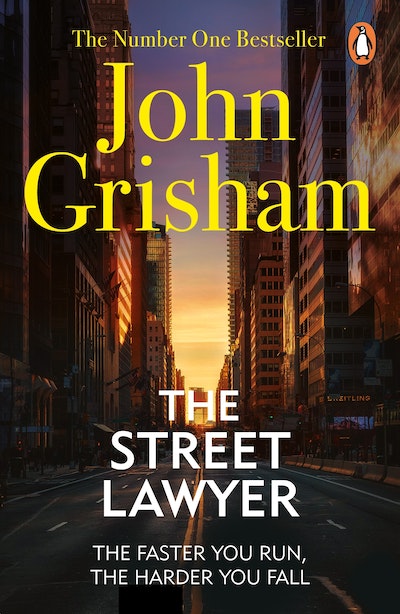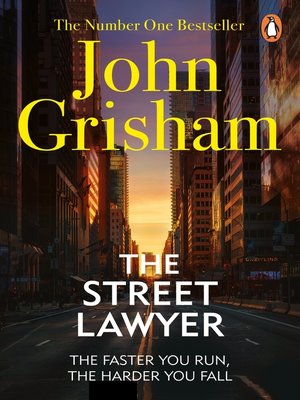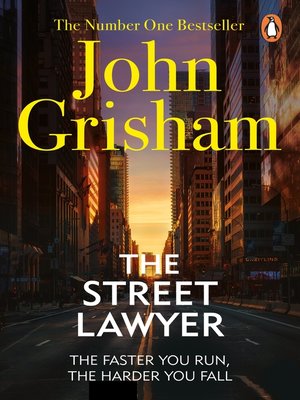

I was looking at the papers in front of me. Right in this city, with all you people making millions, we got little babies starving at night, crying 'cause they're hungry. Food for hungry people who live here in the same city you live in. Don't put me and my people in the same class with the symphony and the synagogue, and all your pretty white folks clubs where you auction wine and autographs and give a few bucks to the Boy Scouts. "Total contributions of one hundred eighty thousand." The man - "call me Mister" - makes no demands for the lawyer's release, but wants to know how much money each made the previous year and how much of it they gave to charity: specifically, charity that will benefit those without enough to eat. He and eight other lawyers are held hostage by a homeless man who is looking for the "evictors".

In the expresslane to success, Brock is derailed by a simple incident that changes his life. A partnership in the firm and the possibility of earning millions is well within sight. Brock has it all: a brain surgeon wife, a $2500 a month Georgetown apartment, a Lexus and a plush office where he spends most of his time.

The story revolves around Michael Brock: a 32-year-old lawyer on the fast track to success with one of America's top law firms. But the law in The Street Lawyer - and here's the part that fans might not take to - takes a back seat to some very human drama and some completely serious issues. law firm in a sometimes less-than-admirable light. Once again we're shown some of the inner workings of a successful U.S.

Like most of Grisham's tales, law-American-style is the sub-text of The Street Lawyer. But it's very different from earlier works in some fairly important ways. It seems likely that many fans of John Grisham's work will not be crazy about his latest book, The Street Lawyer.


 0 kommentar(er)
0 kommentar(er)
